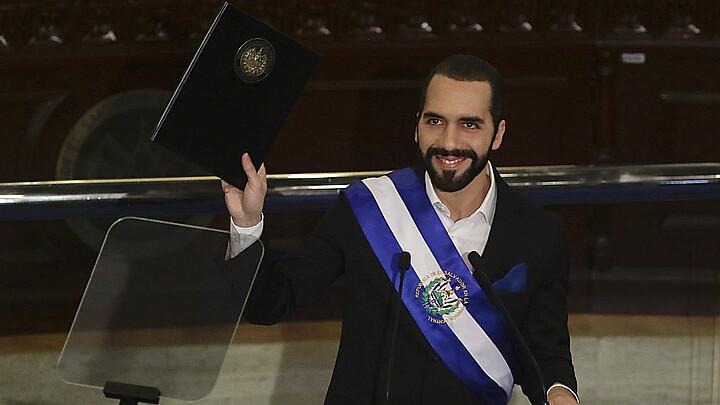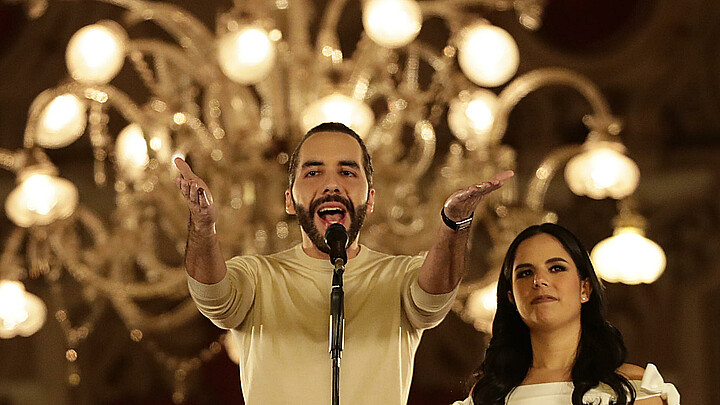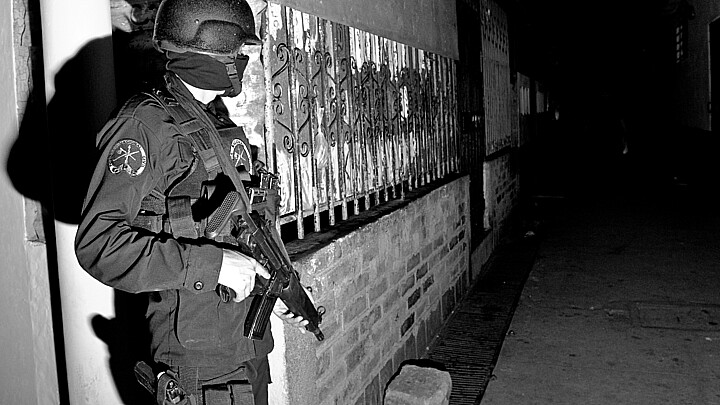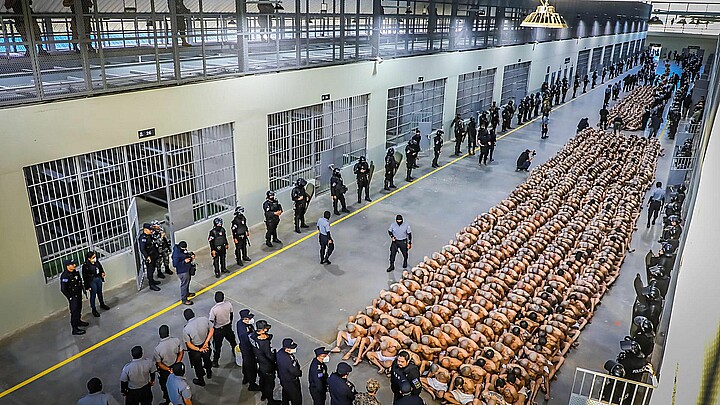Politics
El Salvador's Bukele cuts nearly a third of Congress ahead of presidential elections
The reform seeks to cut the size of Congress from 84 lawmakers to 60 in order to reduce spending, but opposition members say the move is an attempt to consolidate power ahead of the upcoming elections and reduce smaller parties’ participation
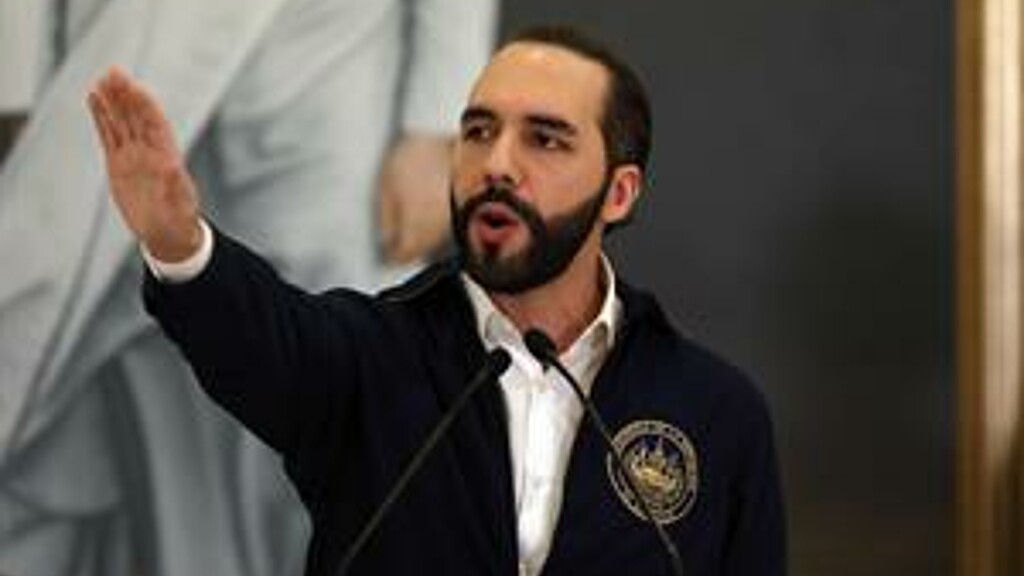
June 8, 2023 8:42am
Updated: June 8, 2023 8:42am
El Salvador President Nayib Bukele signed a law on Wednesday reducing the number of lawmakers in the country’s congress by almost a third.
Initially announced last week by Bukele, the reform seeks to cut the size of Congress from 84 lawmakers to 60 in order to reduce spending, according to the ruling party. Congress approved the law early on Wednesday with 66 votes out of 84.
“With this reform, we are not only going to reduce the number of representatives, but also we are leaving behind the waste system that violates the constitutional principle of equal voting," Interior Minister Juan Carlos Bidegain said.
The electoral reform eliminated the so-called residual system for the allocation of seats in Congress. Instead, it instituted a quotient system, where the number of seats will be proportionate to the number of votes obtained by political parties.
Opposition members, however, claim the move is an attempt by Bukele to consolidate power ahead of the upcoming elections and to reduce smaller parties’ political participation.
"This decision, as it was announced many days ago, has an electoral interest and it is precisely that interest to continue controlling, concentrating power, concentrating resources as they have done up to now," said lawmaker Anabel Belloso of leftist party FMLN.
According to Citizen Action analyst Eduardo Escobar, the new system “seeks to create conditions for New Ideas [Bukele’s party] to obtain or retain a majority in the Legislative Assembly.” With the change, Bukele’s party will be able to hold 80 percent of the seats.
Additionally, he warned that only three other parties would survive with this measure: the Nationalist Republican Alliance (Arena), which governed the country for 30 years; the leftist FMLN, and the Great Alliance for National Unity (GANA) party, an ally of Bukele.
El Salvador will hold presidential and legislative elections in February, followed by the municipal and regional Central American Parliament elections in March.
Bukele has indicated that he intends to run for a second term, despite being prohibited by the Central American country’s constitution.
"I'm announcing to the Salvadoran people that I've decided to run as a candidate for president of the republic," Bukele, whose term ends next year, said last September.

